So far we have dived into the historical origins of the peer review concept and the earliest attempts at an external referee system used by the Royal Society. Even in this early exploration, we have encountered issues with peer review that persist today. The first part of this series concluded with the beginnings of peer review, but we still hadn’t arrived at peer review as we know it in the 21st century.
Rogue Scholar Posts

Edward G Robinson’s gangster Johnny Rocco in Key Largo (John Huston, 1948) seems uncertain when asked by Humphrey Bogart and Lionel Barrymore’s sequestered characters what he wants. But after some prompting, he comes up with ‘That’s it. I want more.’ Mindless acquisitiveness matches his mendacity and violence. And that’s the story with the discreditable alliance between pro sports and the screen.
Peer review is a staple of science, a seemingly inescapable barrier that every researcher must cross in order to share their work with the world. The internet is awash with complaints about Reviewer #2 and long, drawn out review processes. Despite this, most academics believe peer review to be a gold standard process that protects the scientific record from poor quality studies.
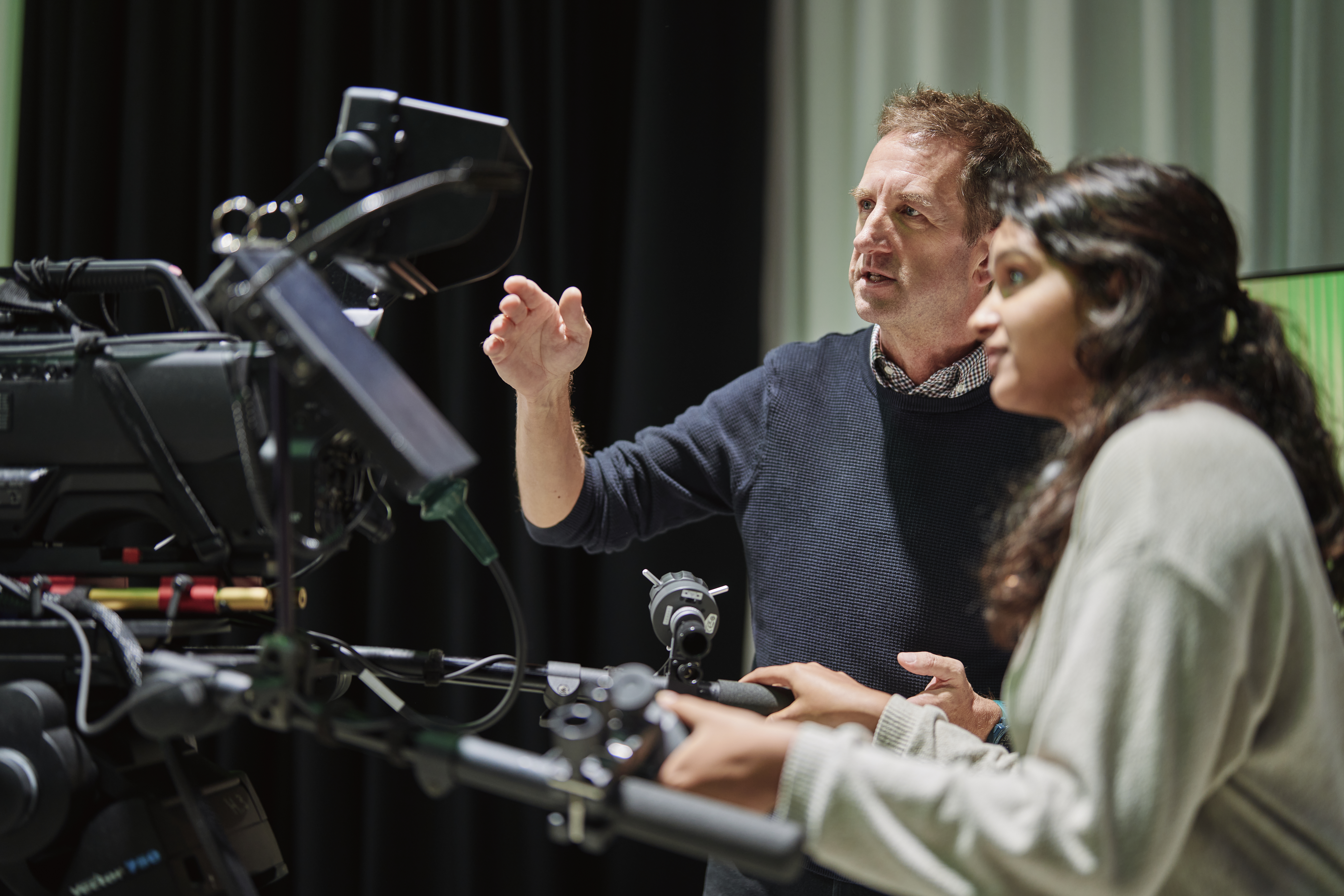
Richard Wallis and Christa van Raalte argue for greater honesty and pragmatism in addressing the talent pipeline. The prominence of the creative industries in the UK government’s industrial strategy as one of eight growth sectors to be prioritised will be welcomed by most of us involved in screen education. It is as yet unclear, however, how the proclaimed undertaking to develop an appropriately skilled workforce will manifest itself.
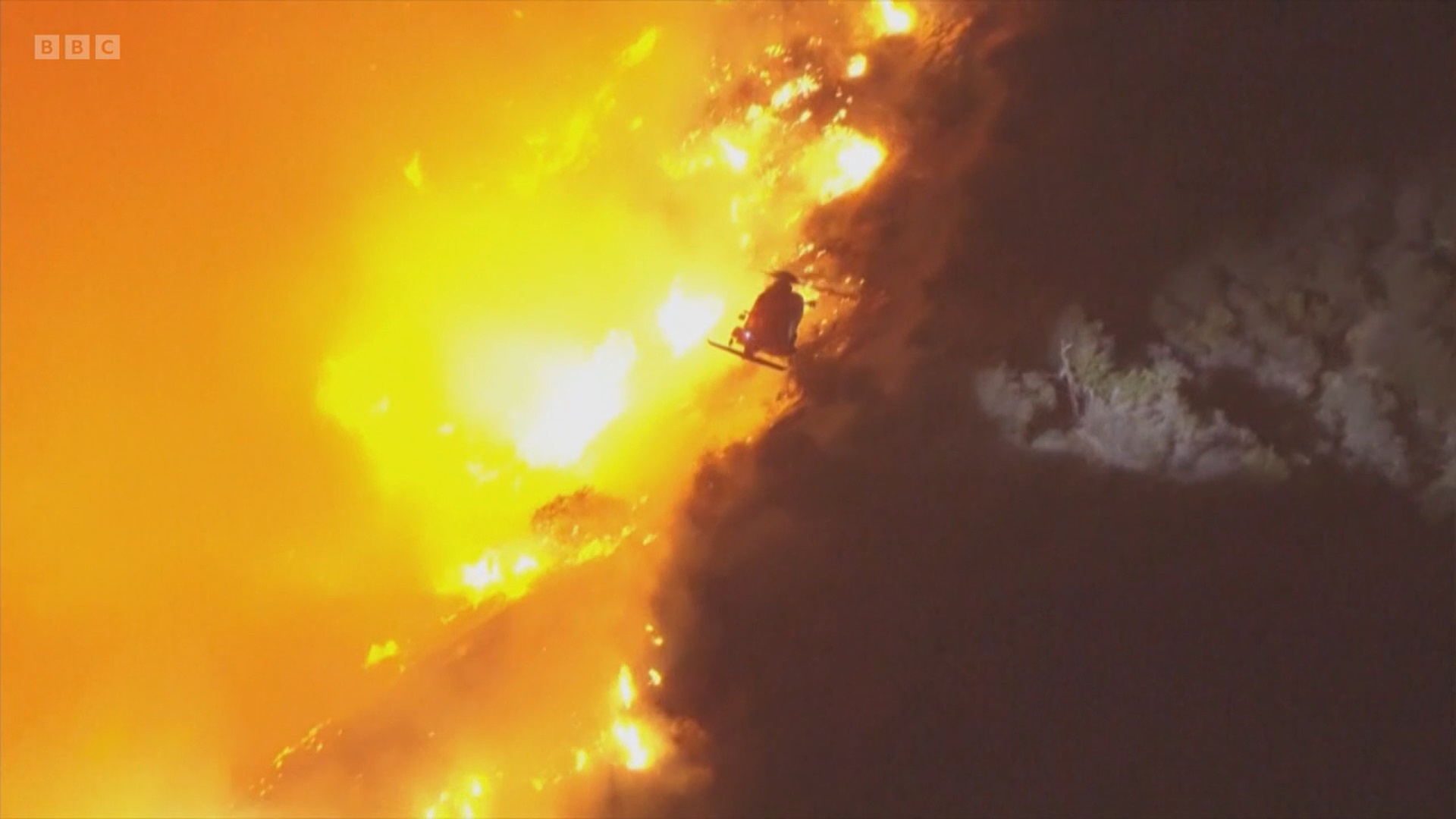
In this second podcast, David and Elke are looking at Governance in Crisis – as governance that is troubled but also governance in a period of crisis.

Being a researcher implies a long stretch of studies at the university to specialize in a certain field. To me personally, it felt like I just kept studying and studying, year after year, and… here I am. One day, when I was 18 I went to the university and I am still there. I have come to realize that I never really mentally switched from being a student to being a professional or having a job.

Disclaimer: This blog post is derived from the research presented at the 9th International Visual Methods Conference, at Istanbul, Turkey. Fig.
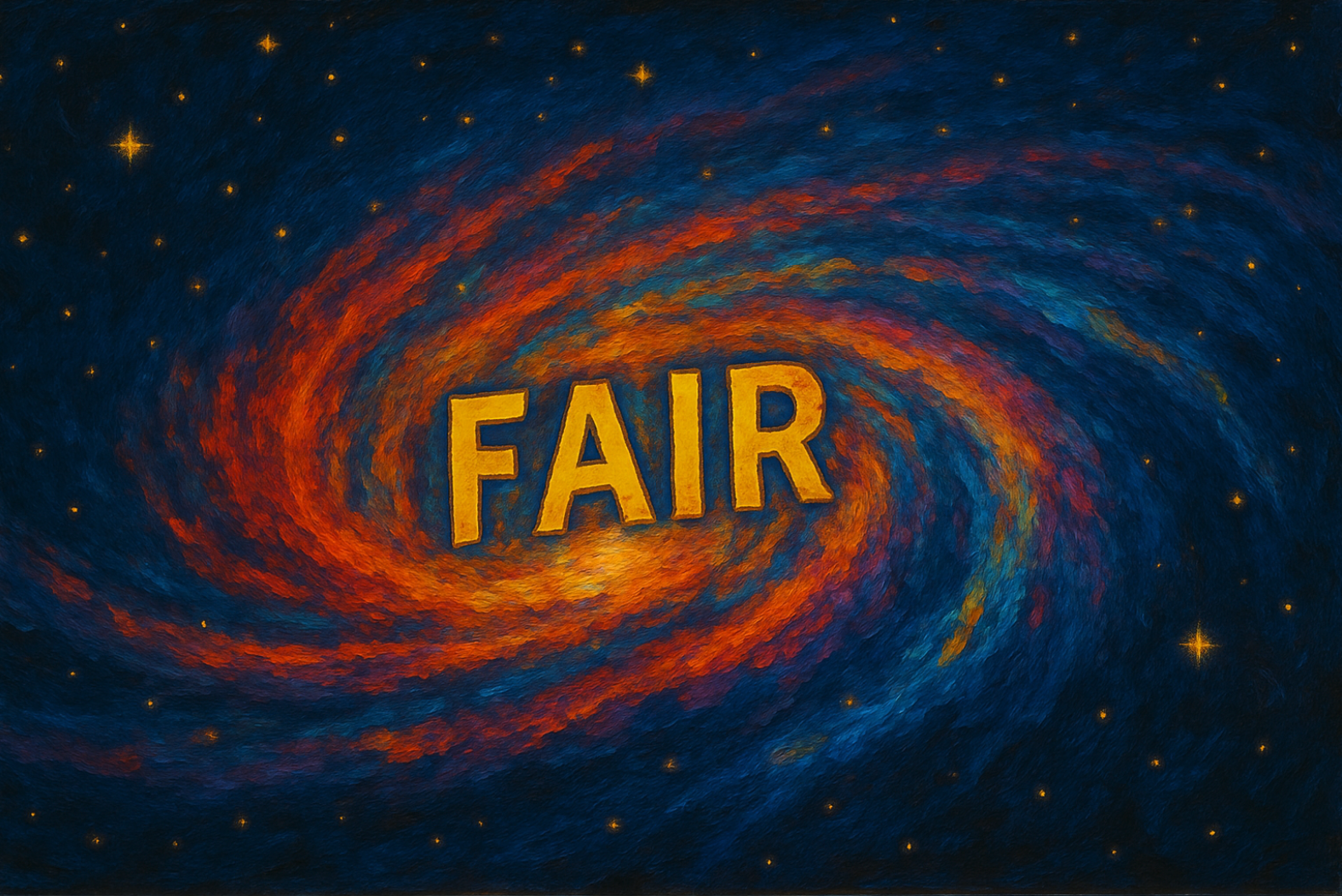
Before starting - what is Omics Data? Omics data represent massive volumes of information on genomes, epigenomes, transcriptomes — you name it. They’ve become a favorite among researchers, reviewers, and publishers. But at what cost? I’m not even talking about the huge financial investments it takes to generate good quality data with proper replicates.

I first started writing this blog some weeks ago after I was lucky enough to be invited along to a review performance of the Broadway stage play, Good Night, and Good Luck . Thanks to my friendship with David Bianculli, who always gets the best tickets, I found myself in the audience of a truly astonishing play.
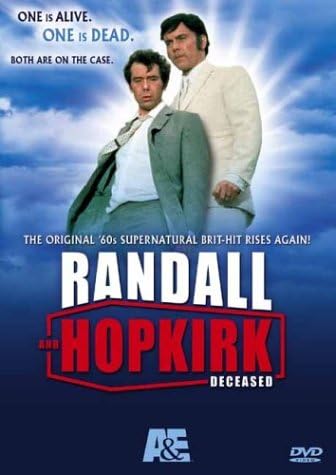
Should a series be watched in production, broadcast, or some other order? Most viewers will never consider this question, only turning their minds to the order in which episodes are aired or queued up on a DVD or streaming service if parts of an ongoing story are shown out of sequence.
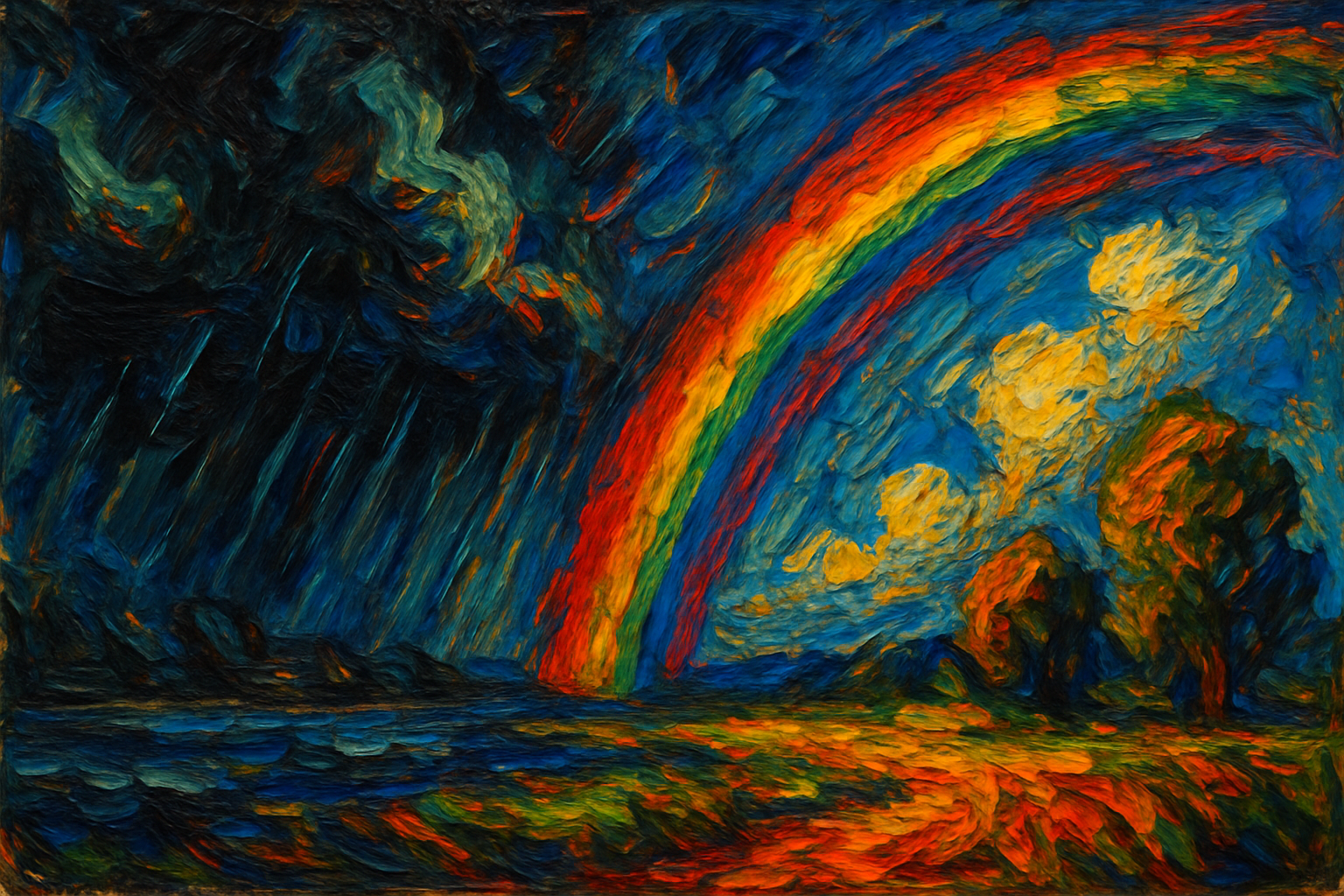
The “publish or perish” culture pushes researchers to publish papers (regardless of the state of their research) for career survival. Academic jobs are tied to people’s publication records; and although change is happening, it is at a glacial pace. Since the system is gamified in this way, people are tempted to play. And they play to “win”. This leads to many side effects that distort the way science is done.